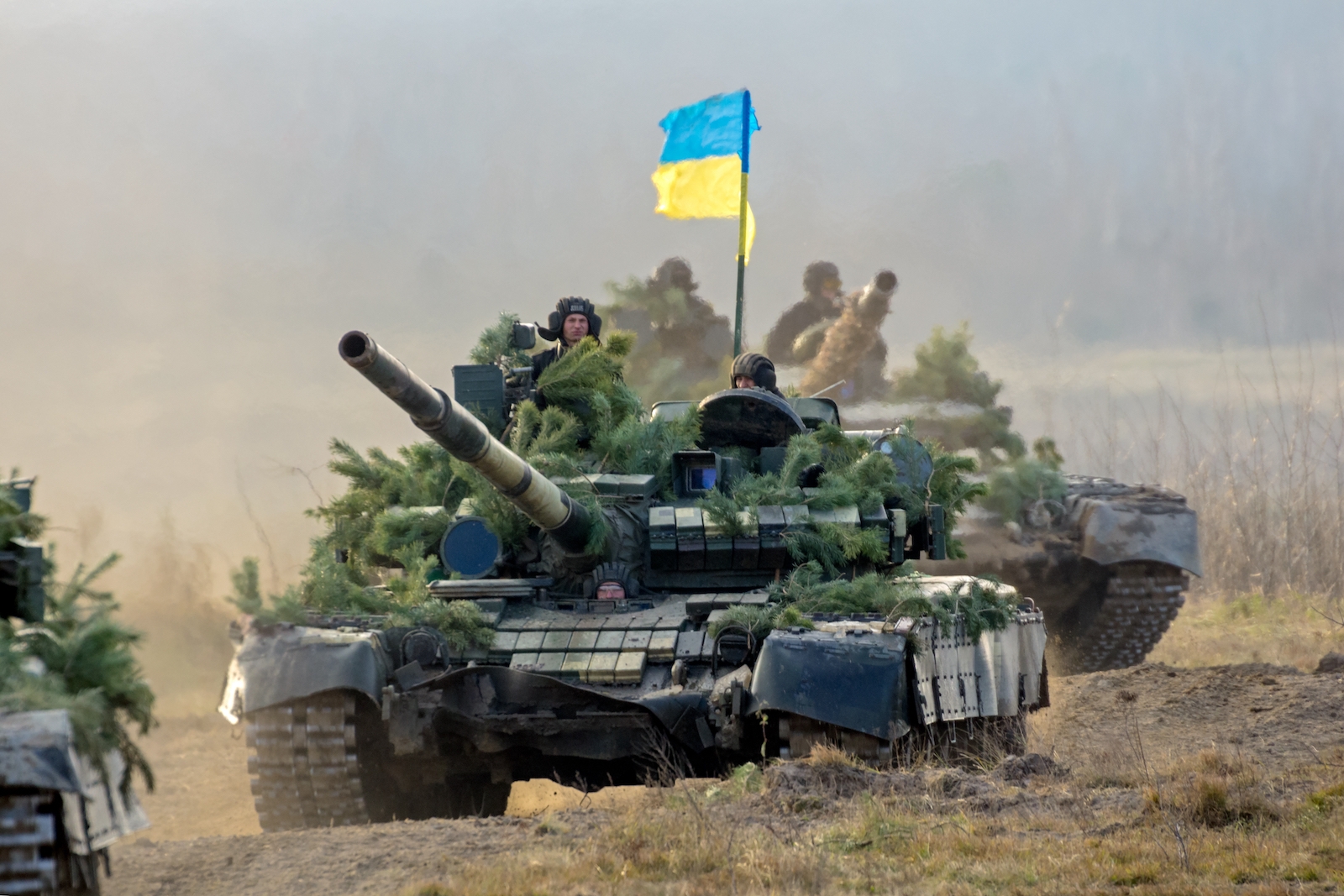
A Conflict with Russia over Ukraine Would be a Disaster for the United States
The constant media barrage of the apparent “imminent” Russian invasion of Ukraine has had a lot to say about the West, particularly the United States, intervening against Russia. However, little attention has been paid to whether ordinary Americans would support such a conflict and its unintended consequences.
The United States would face disastrous consequences if it entered a conflict, whatever the scope, with Russia over Ukraine. Any military historian or tactician would tell you that military conflicts are not merely won by the side with the most tanks, planes, or missiles. But rather, domestic support is just as important as the nation’s frontline capabilities, especially if there is no prospect of the troops coming home anytime soon. The United States, at present, due to a weak, chaotic, and disunified domestic front, is not ready to fight a conflict with Russia. Anything more than a tokenistic proxy war will be readily undermined by a lack of domestic support.
It’s no secret that the United States is currently one of the most polarized and disunified nations in the West. Two years of a pandemic; perhaps more precisely: two years of political games resulting from the pandemic, has thrown neighbour against neighbour and state against state over issues of vaccine mandates, lockdowns, masks, and pandemic restrictions. Throw in an unpopular president, a severe lack of faith in the media, a significant proportion of Americans calling for secession, and you’ve got a recipe for disaster. This is not to mention the rising cost of living and the economic consequences resulting from the pandemic.
Now try to convince Americans to support a distant conflict in Europe, over a country few Americans know anything about, let alone have anything to do with. Average Americans, quite simply, have enough problems of their own to worry about before thinking of meddling in the affairs of Eastern Europe. Why would Americans support a conflict when there are no real benefits to be received from winning the conflict?
Moreover, Americans have become accustomed to fighting wars against a specific culture and phenotype. It is one thing to drum up support for invading a far-flung Arab country, it is a very different thing to convince a population to fight and kill people who are culturally far more similar, and who have not committed any attacks or acts of aggression against Americans. To further complicate the matter, it would be even harder to gain support for a conflict from conservatives, many of whom seem to prefer Russia’s Vladimir Putin to their own president, and feel Russia is more accepting of their own conservative values, whether that be illiberalism or socially conservative issues.
So, what does this all mean for America’s prospects in a hypothetical conflict? These cracks in the American public’s unity reflect America’s weak domestic front. The home front encompasses numerous key influences on the war effort. These include the economic conditions back home, public morale, national unity, patriotism, faith in and commitment to the war effort, and numerous other political issues. In essentially all of these areas, the United States has an unfavourable situation.
From Russia’s capitulation and consequent civil war in WW1, Germany’s surrender just a year later, the U.S. withdrawal from Vietnam to Afghanistan’s fall to the Taliban just last year; we do not need to look far into history to see that unfavourable situations domestically have led to disastrous results in conflict.
The opposite is also true, however. A strong and united populace, willing to fight a conflict to the bitter end, whether indoctrinated by propaganda or not, have proven fierce foes in history. The Second World War gives us great examples of the UK standing alone against Germany until the United States entered the war, to the Soviet Union continuing the fight despite the Germans knocking at Moscow’s door.
The crisis of COVID-19 can be seen as a test of national resolve. A truly healthy nation would unite and grow stronger together in the face of challenges. What has actually happened as a result of the pandemic has been the opposite and bears the hallmarks of a nation with deep and dangerous wounds that if left to fester, will end in disaster. A wise leader would take notice of such a warning and work to remedy it before throwing their nation into greater peril. If Joe Biden really wants to fight a successful conflict against Russia, he should look to healing his own nation first.

